Trending topics
-
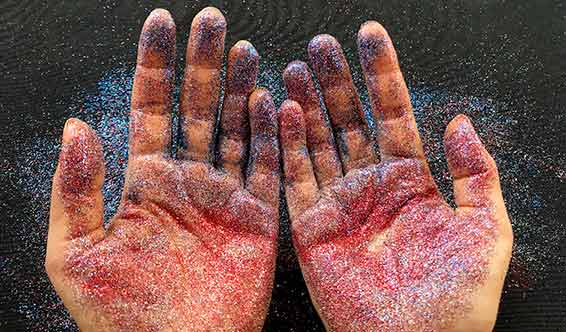 general
generalThe problem with microplastics
Plastics are important materials. They make our lives easier and are often lighter and cost less than alternative materials. However, if they are not properly disposed of or recycled, they can persist for long periods in the environment and can also degrade into small pieces that are of concern – microplastics.
-
 Health
HealthTattoo inks
Tattoos are a popular form of body art – at least 12 % of Europeans have them. They are made by injecting coloured inks under the skin to leave a permanent design. The health risks of using dirty needles to inject the inks have been under scrutiny for some time. Now, their chemical-related concerns have also been analysed and their risks have been regulated at EU level.
-
 general
generalCan we trust the labels on products treated with biocides?
Did you know that many of the products you use are treated with biocides? They can protect against viruses and bacteria, but some of them may be harmful. An EU-wide enforcement project, checking treated articles, has shown that companies need to improve how they are labelled to ensure their safe use.
-
 general
generalAre companies providing the necessary chemical information to keep consumers safe?
To protect European consumers from hazardous chemicals, enforcement authorities have checked more than 1 400 substances to see if companies registered their substances and if they are providing the necessary information to ensure their safe use. In short, companies did pretty well based on this project but there is still room for improvement.
-
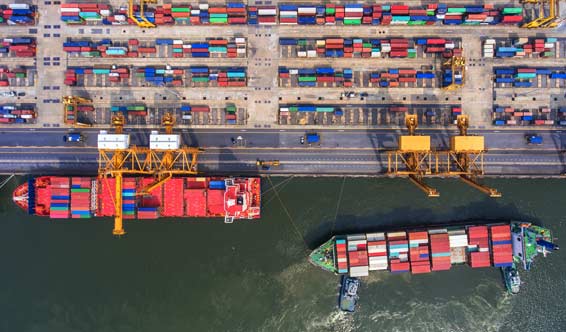 general
generalAre imported products safe?
National EU authorities checked hazardous chemicals in imported products and found that almost one in four products were not allowed into the European market. Where does this leave the European consumer?
-
 general
generalWhy we care about ‘forever chemicals’ and why you should too
PFAS have been used in consumer products since the 1940s. They are extremely persistent, build up in the environment and some also in our bodies. This is why they are often called forever chemicals. Tests indicate that some cause serious health effects such as cancer and liver damage. The good news is that the EU is taking action to reduce their use.
-
general
One third of chemical products labelled incorrectly
An EU enforcement project shows that 1 out of 3 inspected mixtures, such as washing and cleaning products, are not correctly labelled. Inspections also showed that many liquid laundry detergent outer packaging could not withstand repeated use.
-
 general
generalCompanies need to improve information about hazardous chemicals to consumers
An EU enforcement project shows that companies are not providing consumers with sufficient information about substances of very high concern in products.
-
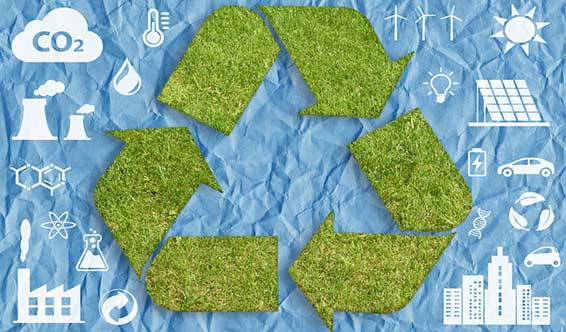 general
generalChemicals in a circular economy
All materials around us, our furniture, computer screens, and the clothes we wear, are a mixture of different chemicals. A circular economy is about material cycles – how we use, re-use and dispose of materials, how we minimise waste and how we make the most of resources in that process. Risks to humans or the environment should be avoided, so the use of hazardous chemicals in products should be reduced throughout their entire life cycle.
-
 general
generalSubstances we don’t want in our clothes
The EU has taken action to restrict the presence in textiles of chemicals known to cause cancer, change DNA or be harmful to human reproduction.
-
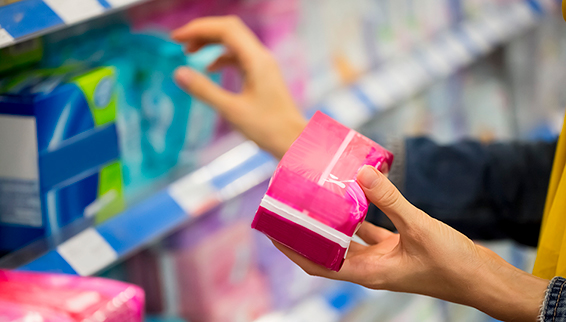 general
generalChemicals in feminine hygiene products
The EU is gathering information on potential health risks of feminine hygiene products after experts find hazardous chemicals in low concentrations.
-
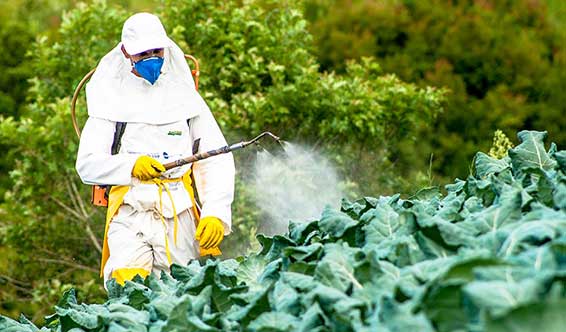 Trending
TrendingGlyphosate
Glyphosate is one of the most widely used active substances in pesticides to prevent unwanted plant growth around planted crops or to kill plants or parts of plants. These substances are often called ‘herbicides' or ‘weedkillers'.
-
 general
generalAre artificial football pitches safe?
For many years, all-weather pitches have been used for a variety of sports including football, rugby, lacrosse and gaelic sports. These artificial playing surfaces often use rubber granules to make them weather-proof and to add shock absorption and traction. But are the rubber granules safe?
-
 general
generalBisphenol A
Bisphenol A (BPA) has been on the market since the 60s. It is used in a wide range of consumer products such as plastic bottles and receipts. Due to its hazardous properties, BPA has already been restricted in several products in the EU.
-
general
What are nanomaterials?
Nanomaterials are really small. In fact, really, really small. Yet they may have a big impact on your everyday life that makes them exciting and important to know about.
-
 general
generalWhat do Europeans think about chemicals?
The Eurobarometer study of almost 28 000 people in 28 countries shows that 65 % are concerned about being exposed to hazardous chemicals, 26% were very concerned, and 39% were a little concerned.
-
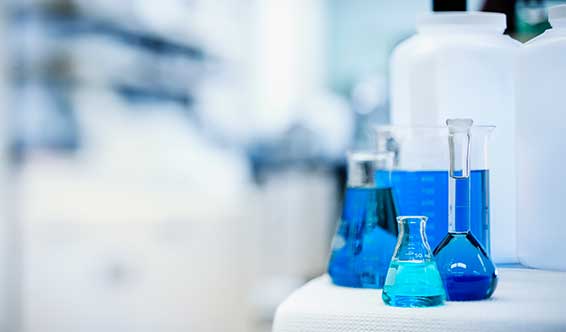 general
generalCombined effects of chemicals
Chemicals are all around us but what happens to our health or the environment when the effects of individual substances are combined?
